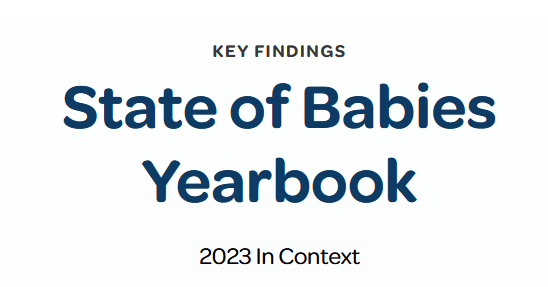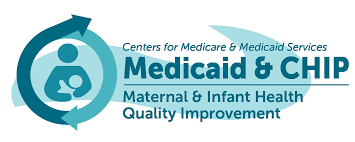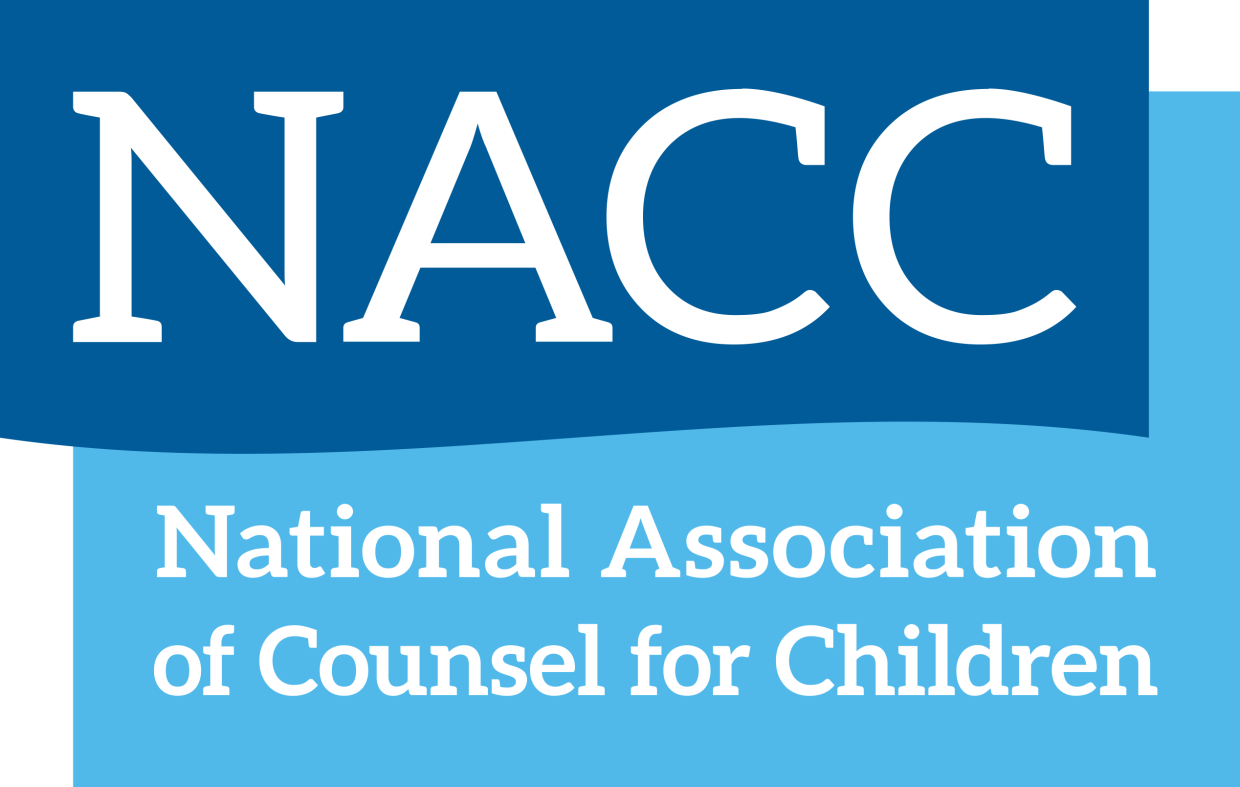Measuring progress is essential to successful quality improvement (QI) initiatives. There are three types of measures in quality improvement QI: outcome measures, process measures, and balancing measures. Taken together, these three measure types make up a family of measures. Below … Read More
Interdisciplinary

Rethinking Peer Influence and Risk Taking: A Strengths-based Approach to Adolescence in a New Era
The past twenty-five years have witnessed two dramatic changes in adolescent mental health in the United States.The first, a dramatic decrease in a wide range of adolescent externalizing behaviors, has been fortuitous. Rates of adolescent rule- and norm-breaking behaviors have … Read More

The Cycle of Violence: Effects of Violence Experience, Behavior, and Attitudes on Adolescents’ Peer Rejection Networks
Introduction In the early lifespan, children’s socio-emotional development is largely influenced by their parents or guardians (Halle and Darling-Churchill, 2016). New social relationships are established when children are at school, which is why the school peer group is of particular … Read More

Reunification From Foster Care: A Guide for Parents
For many parents, the process of reuniting with their children who are in foster care can be overwhelming. A recently updated factsheet from Child Welfare Information Gateway provides parents with guidance for the reunification process. Reunification From Foster Care: A Guide … Read More

State of Babies Yearbook: 2023
It is with a deep sense of urgency and shared mission that I introduce you to the fifth edition of ZERO TO THREE’s State of Babies Yearbook, providing a comprehensive look into the health and well-being of the 11 million … Read More

Improving Timely Health Care for Children and Youth in Foster Care Driver Diagram and Change Ideas
A driver diagram shows the processes or systems that affect the aim of your quality improvement (QI) project and determine what you need to do to improve outcomes. Use the state Medicaid and CHIP improving timely health care for children … Read More

Reporting of Child Maltreatment During the COVID-19 Pandemic in a Southern State in the United States
Child maltreatment is a serious public health issue and has major consequences for individuals, families, and society as a whole. Every year, 1 in 10 children are neglected or psychologically abused, and 4% to 16% are physically abused in high-income countries … Read More

The Misdiagnosed and Overmedicated Children in Foster Care
Introduction There is an understanding among professionals working within the family policing system that most children entering foster care have experienced trauma either from their home environment, system involvement (including being removed from their home), or from an out-of-home placement … Read More

FROM CHILD WELFARE TO WELL-BEING: A Blueprint for CBOs and Government Agencies
EXECUTIVE SUMMARY The US child welfare system incentivizes a reactionary rather than a proactive response, resulting in cases of child abuse and neglect that could have been avoided. Within the system, well-established business models and federal financial incentives are designed … Read More

Capacity Building Center for Tribes Releases New Prevention Resources
The Capacity Building Center for Tribes released two new prevention resources: a brief on family-strengthening prevention practices and definitions and a guide highlighting culturally relevant services and supports for child welfare programs. The Capacity Building Center for Tribes Prevention Brief defines each stage of … Read More
